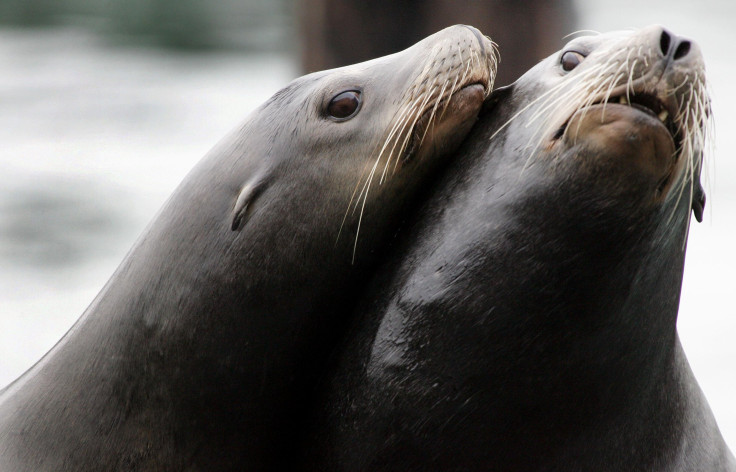Decapitated Sea Lions Turning Up In Canada Baffles Experts
KEY POINTS
- Headless sea lions are washing up on the shores of Canada
- It is not yet clear who or what killed the sea lions
- A zoologist believes humans decapitated the animals
Experts and local authorities are baffled by the sudden appearance of headless sea lions on the shores of Canada’s Vancouver Island. However, for a marine zoologist, photos of the dead animals reveal a pattern in their injuries.
The remains of decapitated sea lions started washing up in various areas of Vancouver Island in March. In total, five headless carcasses of sea lions have already been discovered.
According to the reports, the dead sea lions belonged to the Eumetopias jubatus species, which are also known as Steller sea lions, Fox News reported. These animals can usually be found in the Pacific Coast of Russia, Japan and North America.
The status of this species is currently at near-threatened due to its dwindling population.
Currently, it is not yet clear how the animals died. Local authorities theorized that they might have been killed by another animal, while others believe that humans had something to do with their deaths.
Anna Hall, a marine mammal zoologist at the Sea View Marine Sciences, has examined the photos of the decapitated sea lions taken by local resident Deborah Short. According to Short, she came across the carcasses of the animals on the shores of Nanaimo and Campbell River on Vancouver Island.
After examining the photos, Hall identified a possible pattern in the injuries of the animals. According to the zoologist, the animals might have been intentionally decapitated by humans.
“To me, this looks intentional, whether it's by a single person or a group of people,” Hall told CTV News. “I sincerely hope that Fisheries and Oceans Canada pursues this case to determine who is doing this and to bring them to justice because this is a violation of federal law.”
The Fisheries and Oceans Canada had already stated that it is looking into the matter. According to the agency, it is possible that the sea lions were deliberately decapitated after they washed up on the shores.
The agency noted that this act could be considered as tampering of evidence, which is punishable under the country’s Criminal Code.
“From time to time, individuals may tamper with the animals once beached,” a spokesperson from the agency told CTV News. “If this is determined to have been done in an effort to knowingly tamper with evidence, this would be an offense under the Criminal Code of Canada.”

© Copyright IBTimes 2024. All rights reserved.





















